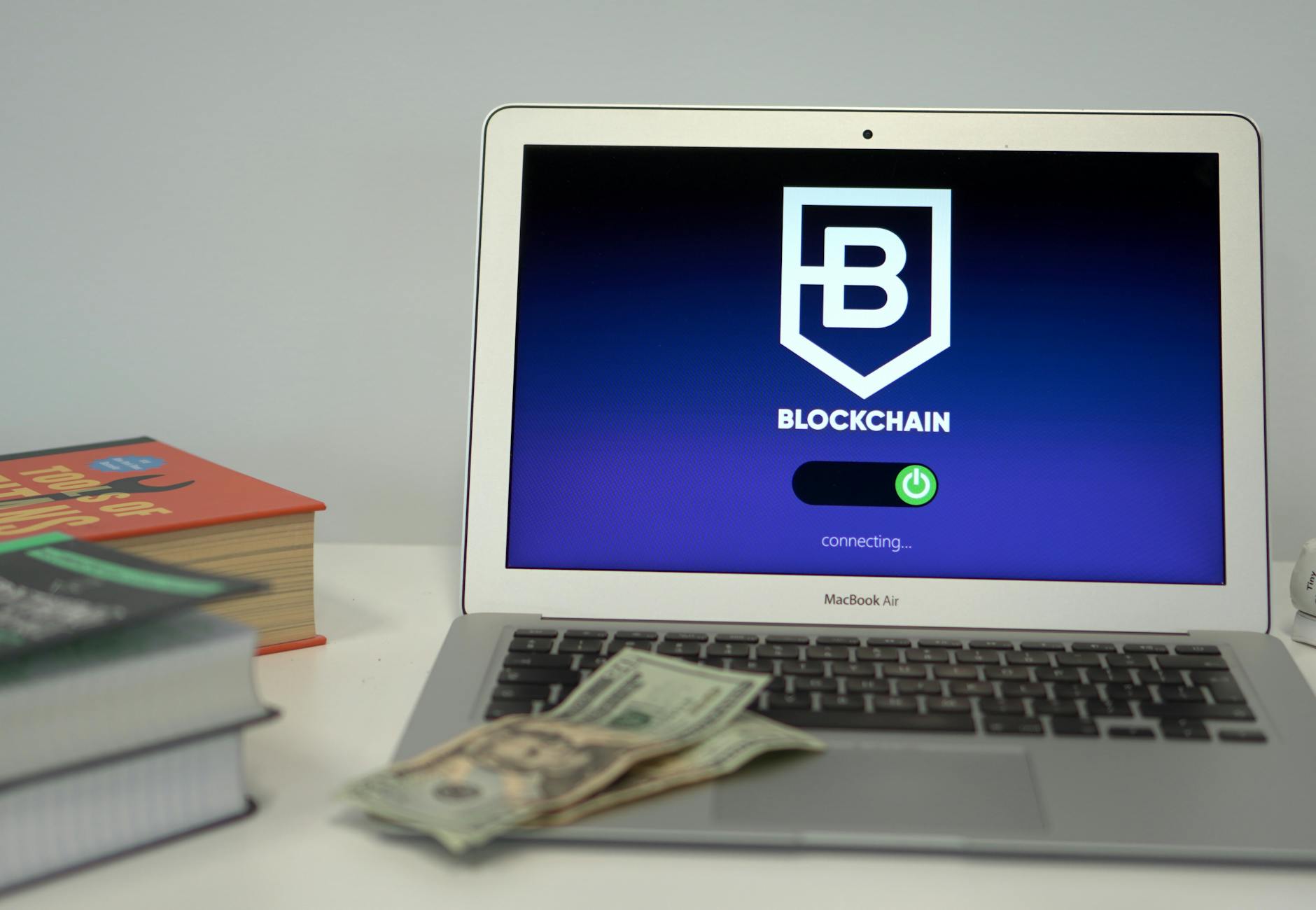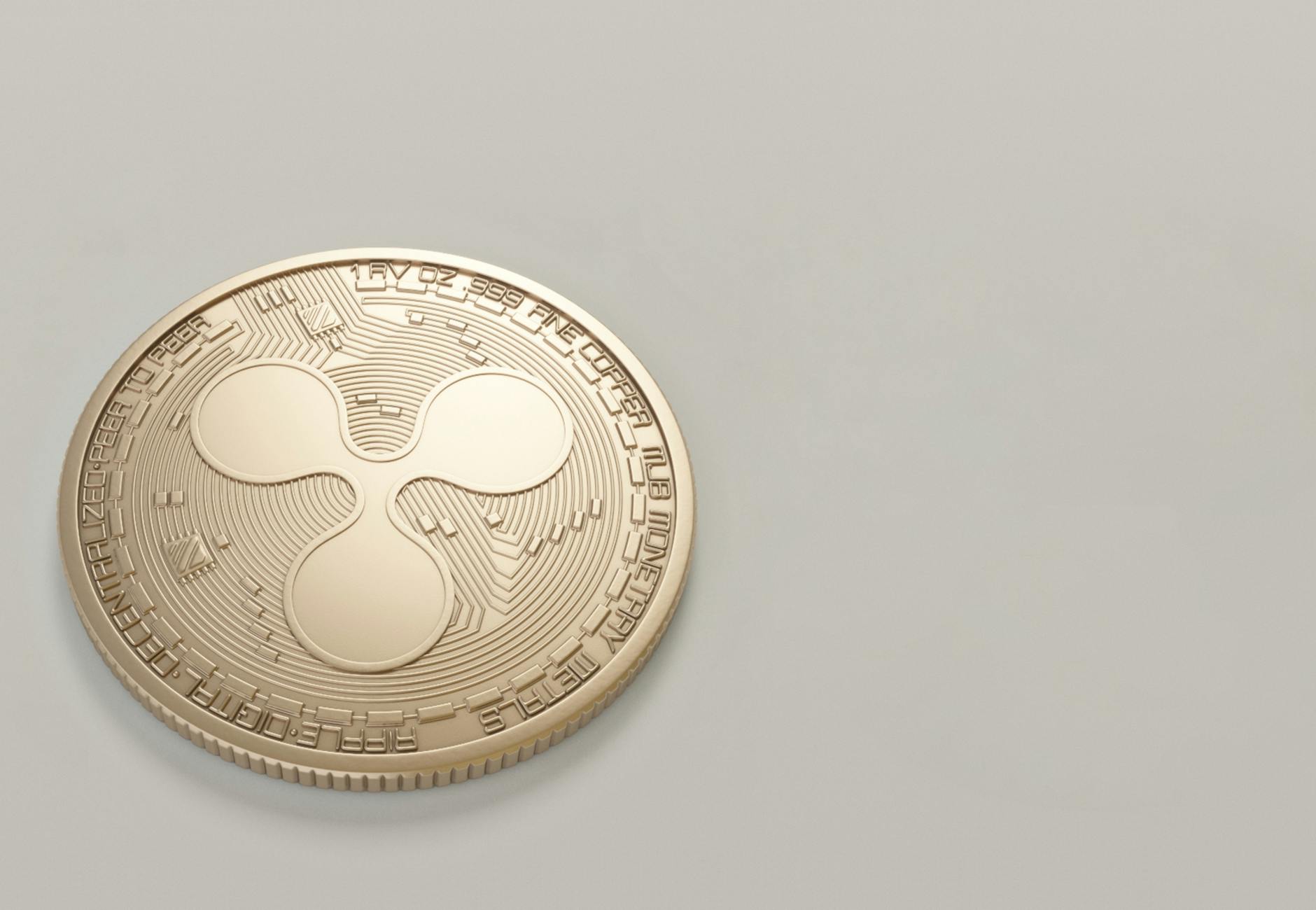BlackRock tokenisiert globale Investments: Günstigere digitale Anlagen für Anleger
- Get link
- X
- Other Apps

BlackRock Revolutionizes Investing: Tokenization for Cheaper, Fairer Access
📌 BlackRock's Bold Move into Tokenization
🔗 BlackRock, the world's largest asset manager, is taking a significant step towards reshaping the financial landscape by digitizing traditional investments.
CEO Larry Fink announced plans to tokenize assets like stock funds and real estate, aiming to make investing simpler, cheaper, and more accessible. This initiative involves converting these assets into digital tokens stored on a blockchain.
🔗 This isn't just a minor upgrade; it’s a potential paradigm shift. Consider the historical context: the traditional finance system has long been criticized for its high fees and limited accessibility, particularly for retail investors. BlackRock's move aims to democratize finance by leveraging blockchain technology to reduce these barriers.
📌 Understanding Tokenization and Its Benefits
🔗 Tokenization involves representing real-world assets, such as stocks, real estate, or bonds, as digital tokens on a blockchain. These tokens represent ownership and can be more easily transferred and managed compared to traditional methods.
⚖️ As Larry Fink pointed out, the key advantage of tokenization is the reduction of intermediaries, which leads to lower fees. This could revolutionize various sectors, making assets like real estate more affordable and divisible. Imagine owning a fraction of a property through a token, without the complexities of traditional joint ownership agreements.
This aligns with a broader trend of financial disintermediation driven by blockchain technology.
📌 BlackRock's Strategic Partnerships
⚖️ To ensure seamless integration with existing financial systems, BlackRock is collaborating with leading digital finance platforms. The goal is to allow investors to securely manage their digital assets in digital wallets.
Fink has been a vocal proponent of tokenization for years, stating back in 2022 that it represents the future of financial markets. This current push signifies a concrete commitment to realizing that vision. BlackRock's existing involvement in the crypto space, managing over $110 billion in Bitcoin and Ethereum ETFs, provides them with a significant advantage.
📌 Impact on Investors: Opportunities and Considerations
⚖️ Tokenization offers several potential benefits for investors, particularly younger demographics who are already familiar with digital assets. It could provide an easier, more transparent, and lower-cost entry point into investing for the future. BlackRock is already testing the waters with its USD Institutional Digital Liquidity Fund (BUIDL), one of the largest digitized funds globally, managing nearly $3 billion in collaboration with Securitize.
However, investors should be aware of potential risks.
While tokenization can reduce fees, it's essential to understand the underlying technology and the specific risks associated with each tokenized asset. Regulatory uncertainties surrounding digital assets also remain a key consideration.
📊 Market Impact Analysis
🔗 BlackRock's foray into tokenization could trigger significant shifts in the crypto market. Short-term, we might see increased investor interest in blockchain-based financial solutions and a surge in projects focused on asset tokenization.
Long-term, this could lead to a more integrated financial ecosystem where traditional assets and cryptocurrencies coexist seamlessly.
⚖️ The impact on specific sectors could be profound. Stablecoins could become more widely used as a medium of exchange for tokenized assets, while DeFi platforms could offer new investment opportunities through fractionalized ownership. Even the NFT market could evolve, with NFTs representing ownership of physical assets in a more secure and transparent manner.
📌 Key Stakeholders' Positions
💧 The move has drawn attention from various stakeholders.
Lawmakers are watching closely, as they will need to adapt regulatory frameworks to accommodate tokenized assets. Industry leaders are generally positive, seeing it as a way to innovate and attract new investors. Crypto projects are eager to collaborate, recognizing the potential for increased adoption and liquidity.
However, concerns remain among some traditional financial institutions, who may view tokenization as a threat to their existing business models.
| Stakeholder | Position | Impact on Investors |
|---|---|---|
| Lawmakers | ⚖️ Cautious, need for regulation | Potential regulatory changes |
| Industry Leaders | Positive, innovation driver | 🆕 New investment products |
| Crypto Projects | Eager to collaborate | 📈 Increased adoption |
🔮 Future Outlook
📜 The future of finance is increasingly digital, and BlackRock's initiative is a strong indicator of this trend. In the coming years, we can expect to see more traditional financial institutions exploring tokenization and other blockchain-based solutions.
This evolution will likely create new opportunities for investors, but it will also require a deeper understanding of the technology and the associated risks. Investors should stay informed about regulatory developments and be prepared to adapt their strategies accordingly.
📌 🔑 Key Takeaways
- BlackRock is tokenizing traditional assets to make investing cheaper and more accessible.
- Tokenization reduces intermediaries, lowering fees and simplifying asset management.
- Strategic partnerships are crucial for integrating tokenization with existing financial systems.
- Regulatory clarity is essential for the widespread adoption of tokenized assets.
- Investors should understand both the opportunities and risks associated with tokenization.
The market is primed for a significant recalibration as BlackRock pioneers tokenized real-world assets. This initiative is not merely about digitizing assets, but fundamentally about democratizing access and reducing systemic inefficiencies within the finance sector. Expect a ripple effect across traditional banking and decentralized finance, compelling incumbents to either innovate or face obsolescence. The medium-term impact will be a fierce competition for market share in the tokenized asset space, driving down fees and enhancing investor choice, which will further accelerate adoption across both retail and institutional sectors.
- Research and identify early-stage projects focusing on real-world asset (RWA) tokenization that demonstrate strong technology, clear regulatory compliance, and robust security measures.
- Monitor announcements from traditional financial institutions regarding their adoption strategies for tokenized assets and assess potential implications for portfolio diversification.
- Stay informed about evolving regulations related to tokenized assets and digital securities in your jurisdiction to ensure compliance and optimize investment strategies.
- Evaluate the impact of tokenization on existing investment portfolios and consider rebalancing to incorporate tokenized assets where appropriate to achieve diversified risk-adjusted returns.
Tokenization: The process of converting rights to an asset into a digital token on a blockchain. This facilitates easier trading, fractional ownership, and increased liquidity.
RWA (Real World Asset): Physical or financial assets (e.g., real estate, commodities, stocks) represented in digital form on a blockchain via tokenization.
— Bill Gates
Crypto Market Pulse
October 14, 2025, 21:40 UTC
Data from CoinGecko
This post builds upon insights from the original news article, offering additional context and analysis. For more details, you can access the original article here.
- Get link
- X
- Other Apps

